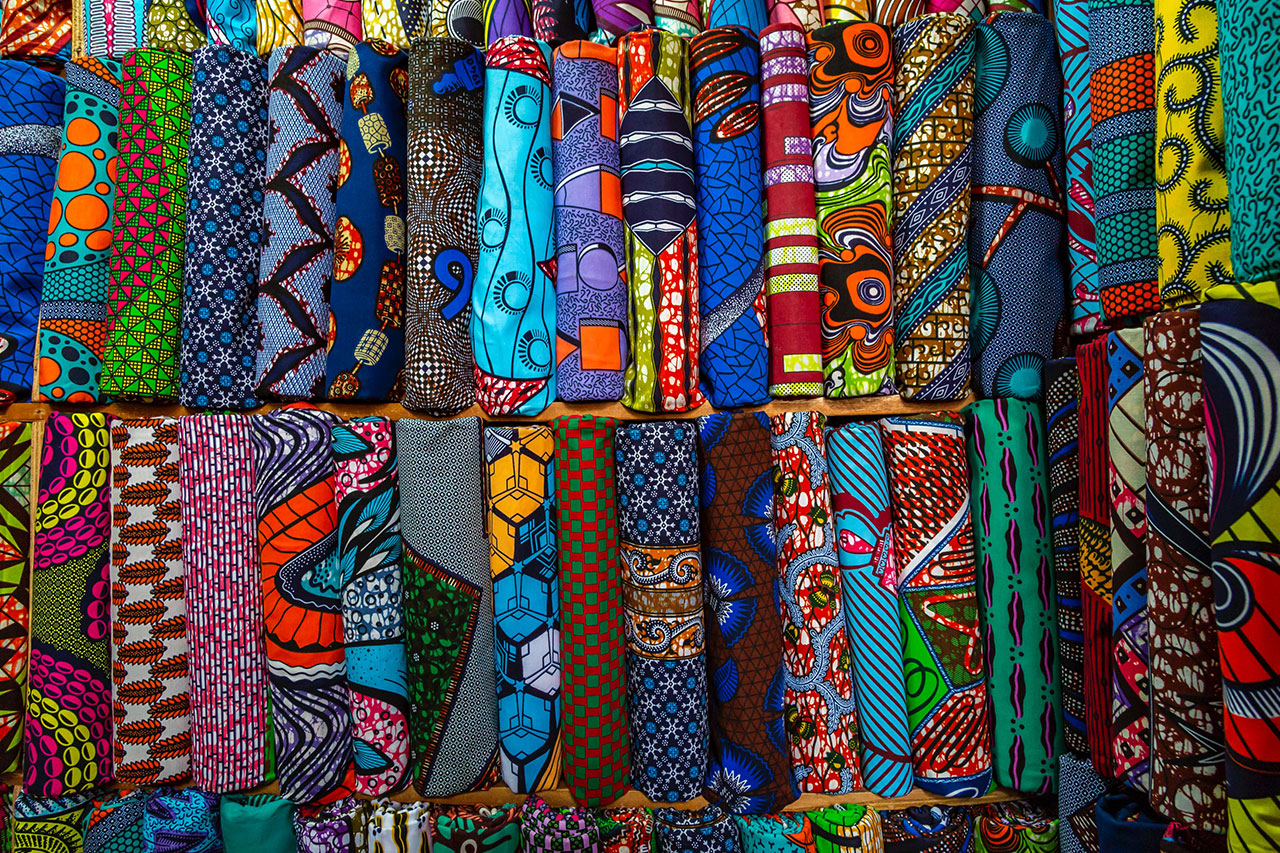
With the Covid-19 pandemic pushing African nations to develop local solutions to the continent’s challenges, the time has come to rally around the Pan African agenda; to collaborate and leverage the unique and diverse skills and resources of each region in Africa to drive growth and prosperity across the continent. It is time for an unwavering commitment from all to buy Africa for Africa, so that we can grow our local industries, grow our entrepreneurial skills and support our own to grow and compete internationally.
This was the message from business leaders speaking at the launch of the inaugural “Made in Africa” Conference and Expo, the largest ever virtual gathering of and showcase for African buyers and sellers, which takes place on 13 and 14 April 2021. It will bring together purchasing decision makers, policymakers, investors and businesses from across the continent. Hosted by two leading role players in the procurement and supply chain management sphere, Smart Procurement World and SAPICS (The Professional Body for Supply Chain Management), Made in Africa features a two-day, high-impact online programme that will enable delegates to learn, engage and do business.
Speaking at the launch, John Karani, Chairman of Kenya’s Institute of Supplies Management, affirmed his belief in the transformational power of the event’s theme: “Buy Africa for Africa”. “Made in Africa is an initiative whose time is long overdue,” he stressed. “Africa has so much – a beautiful climate, great natural resources, mineral wealth and fertile agricultural land. It is undoubtedly the world’s richest continent. It is time to rally around this Pan African call.
“If we can all collaborate and leverage our God-given resources, with each territory focusing on what they do best, imagine what Africa can achieve. We have both the consumption power and the buying power in Africa,” he asserted. “With an initiative like Made in Africa supporting and developing our home grown industries, businesses that start as cottage industries could quickly scale up to become global players with the support of fellow nations,” Karani said.
He shared the virtual stage at the Made in Africa launch with African business leaders from Ghana, Kenya, Nigeria, South Africa and Zambia, including his Kenyan Institute of Supplies Management colleague, Acting CEO James Kaloki.
